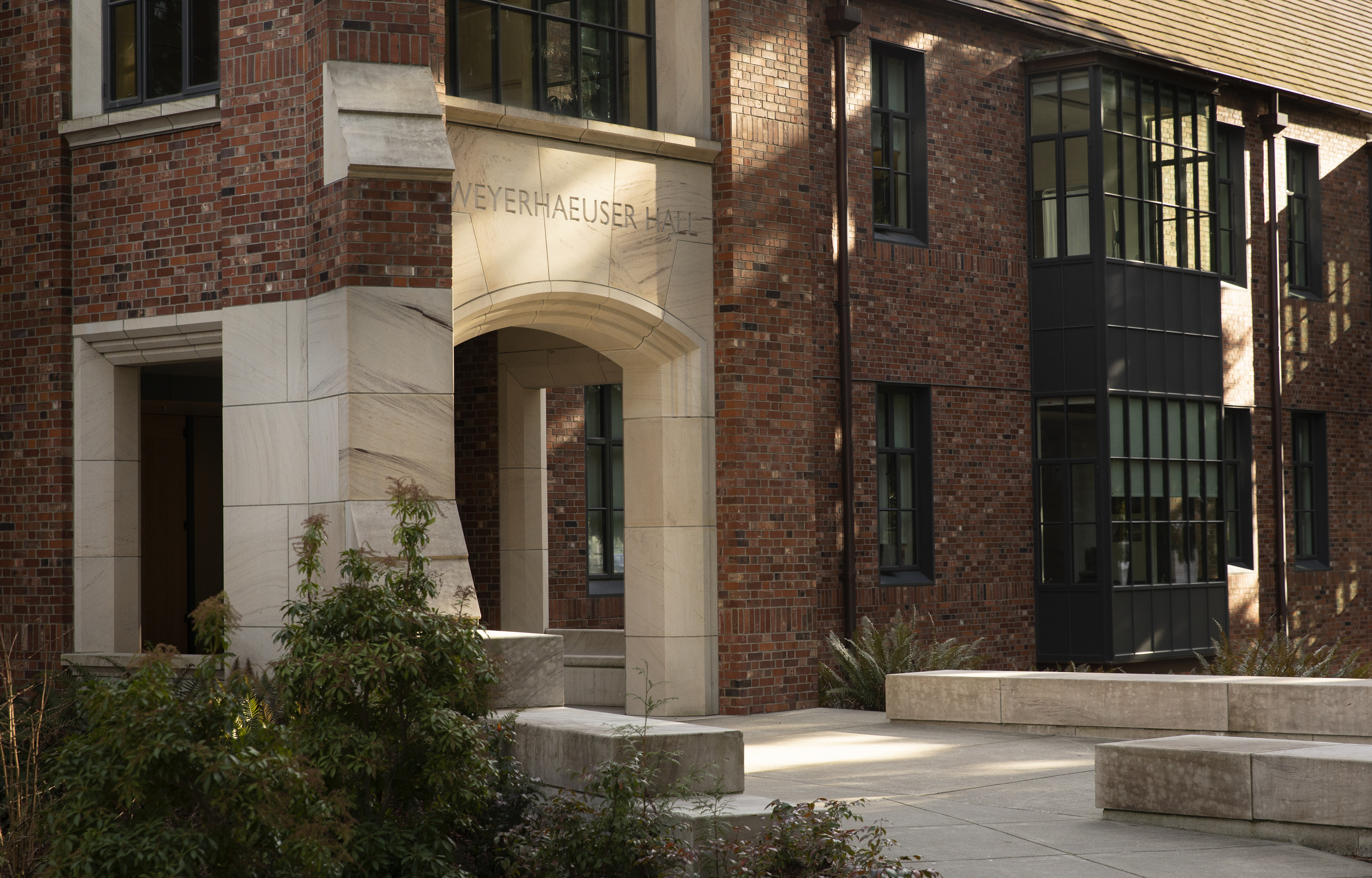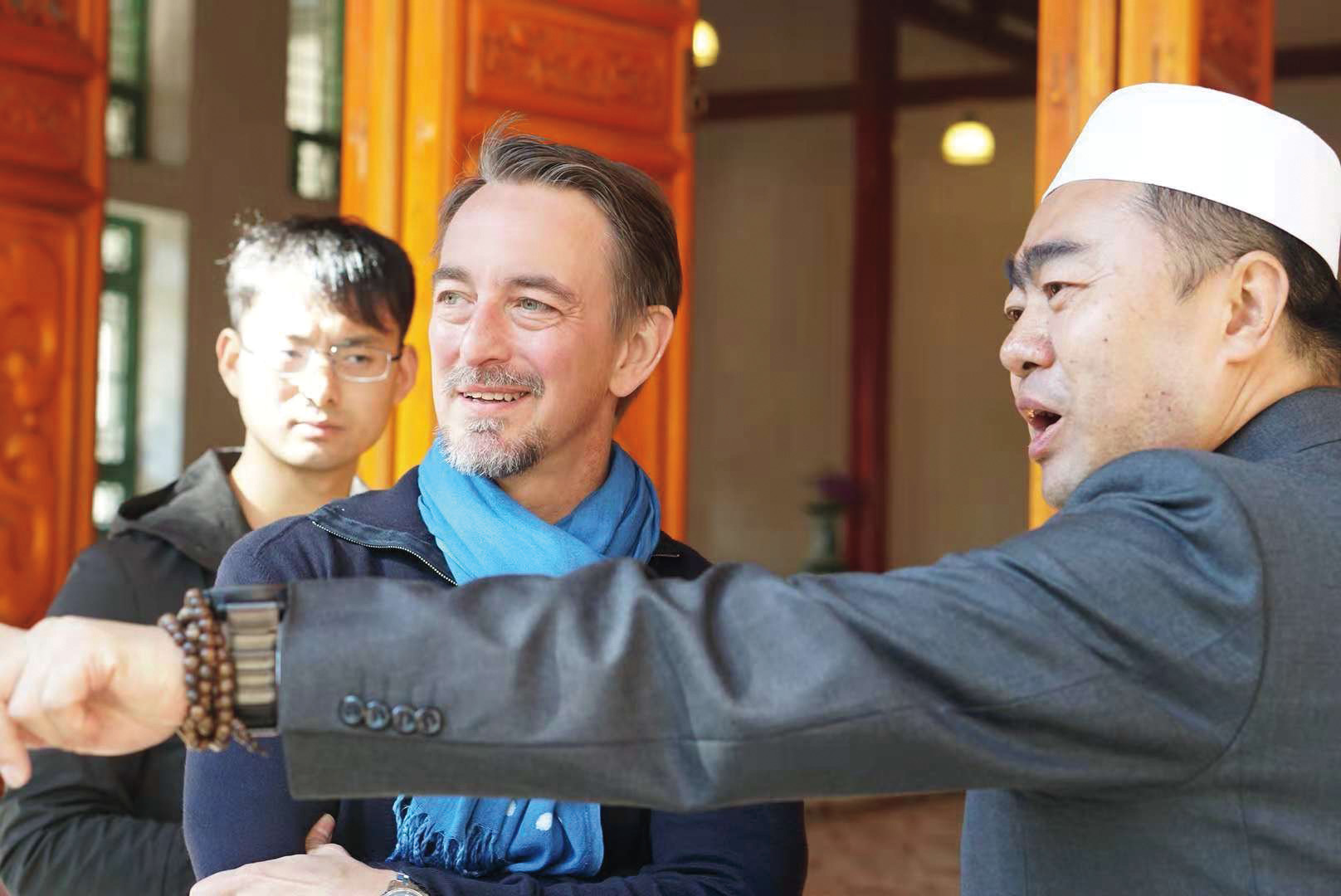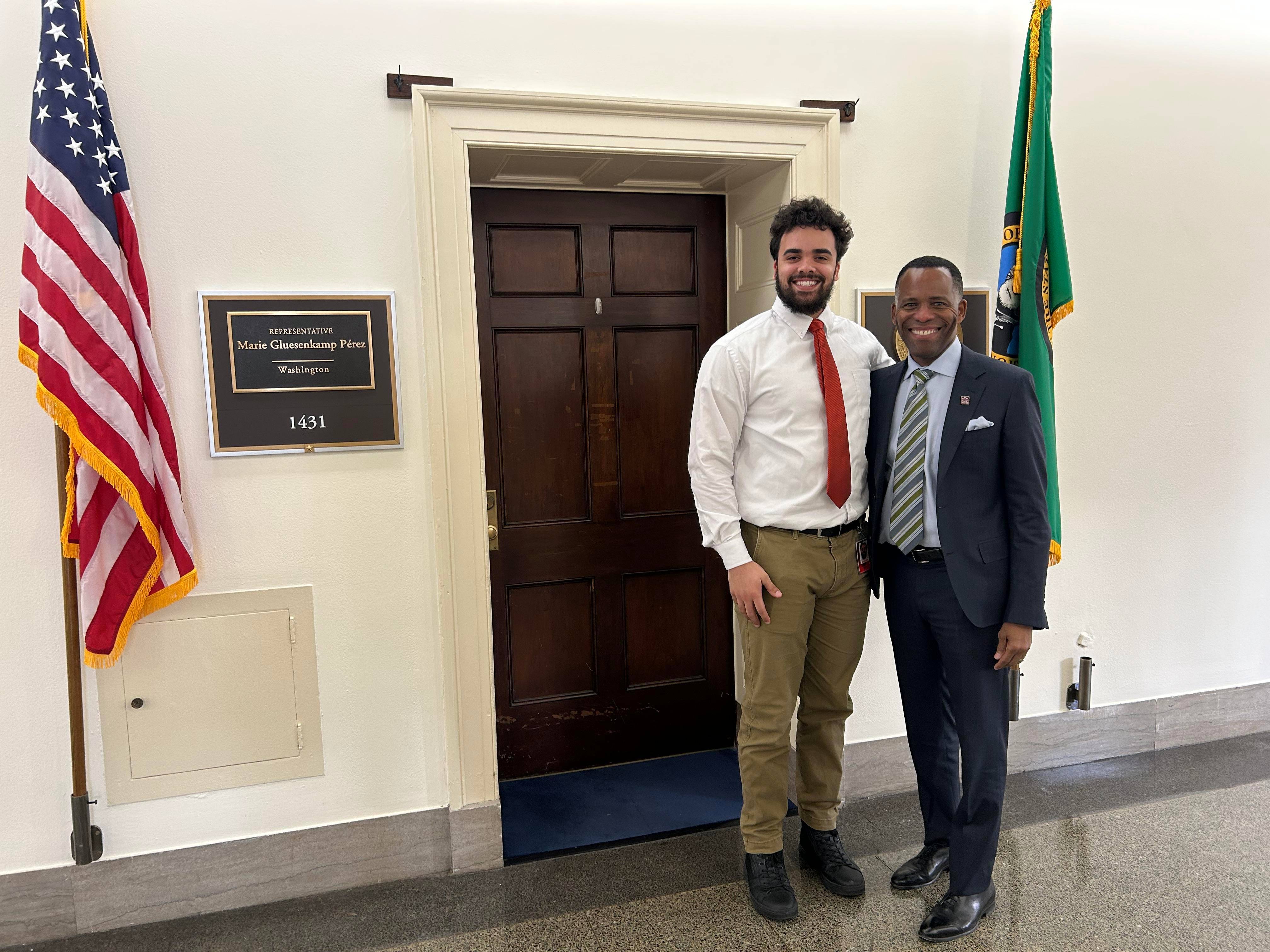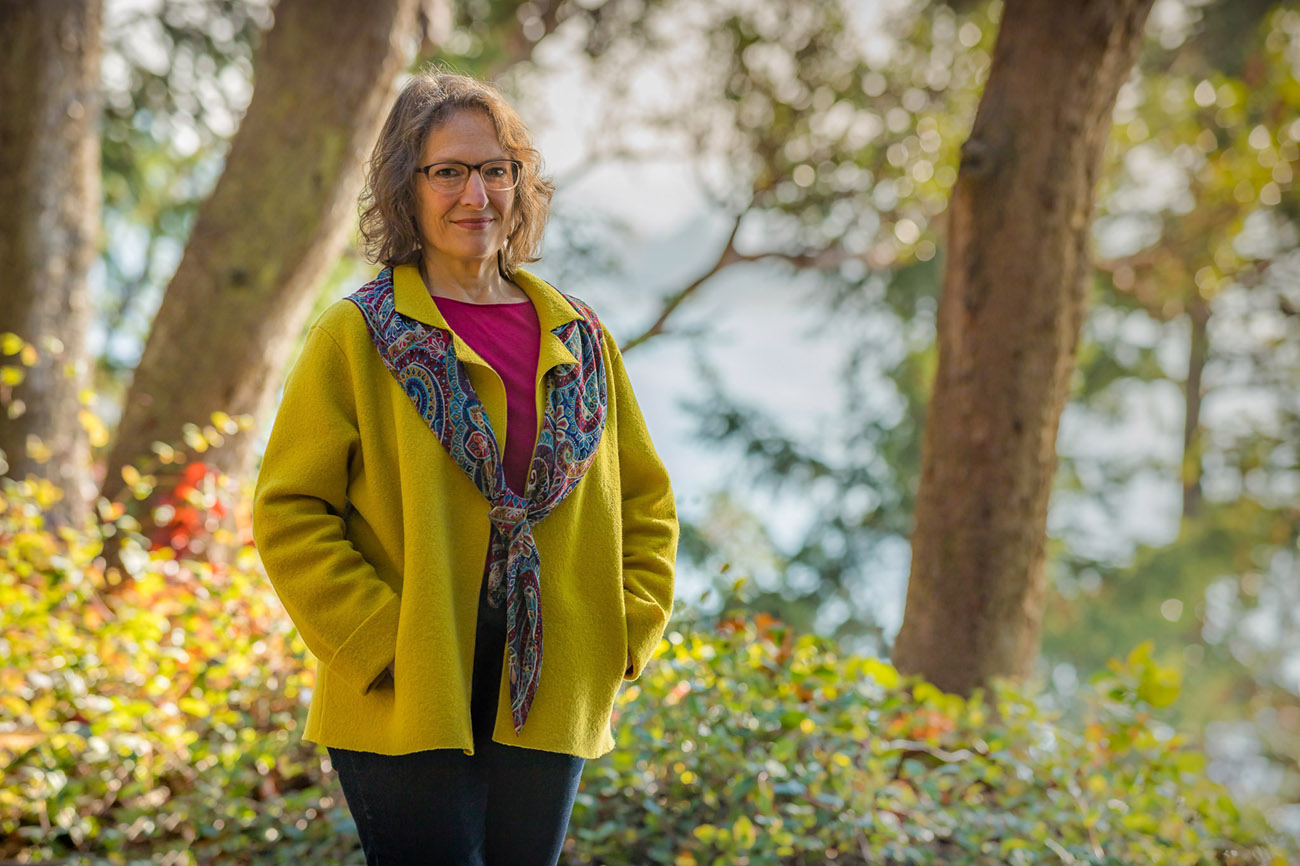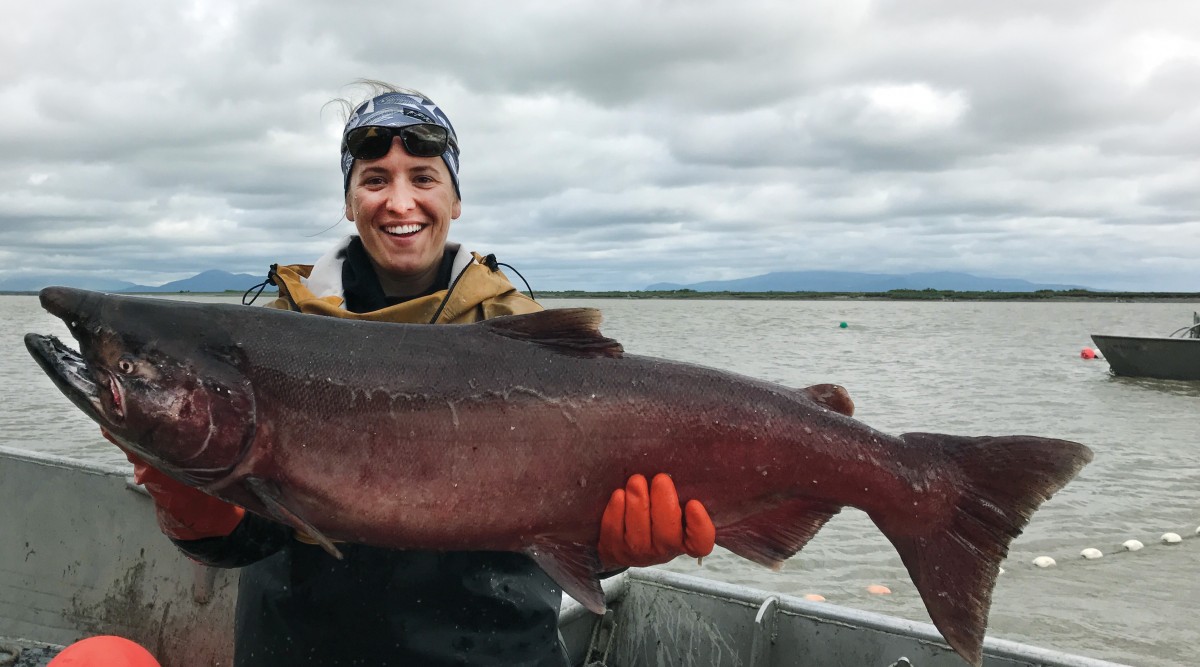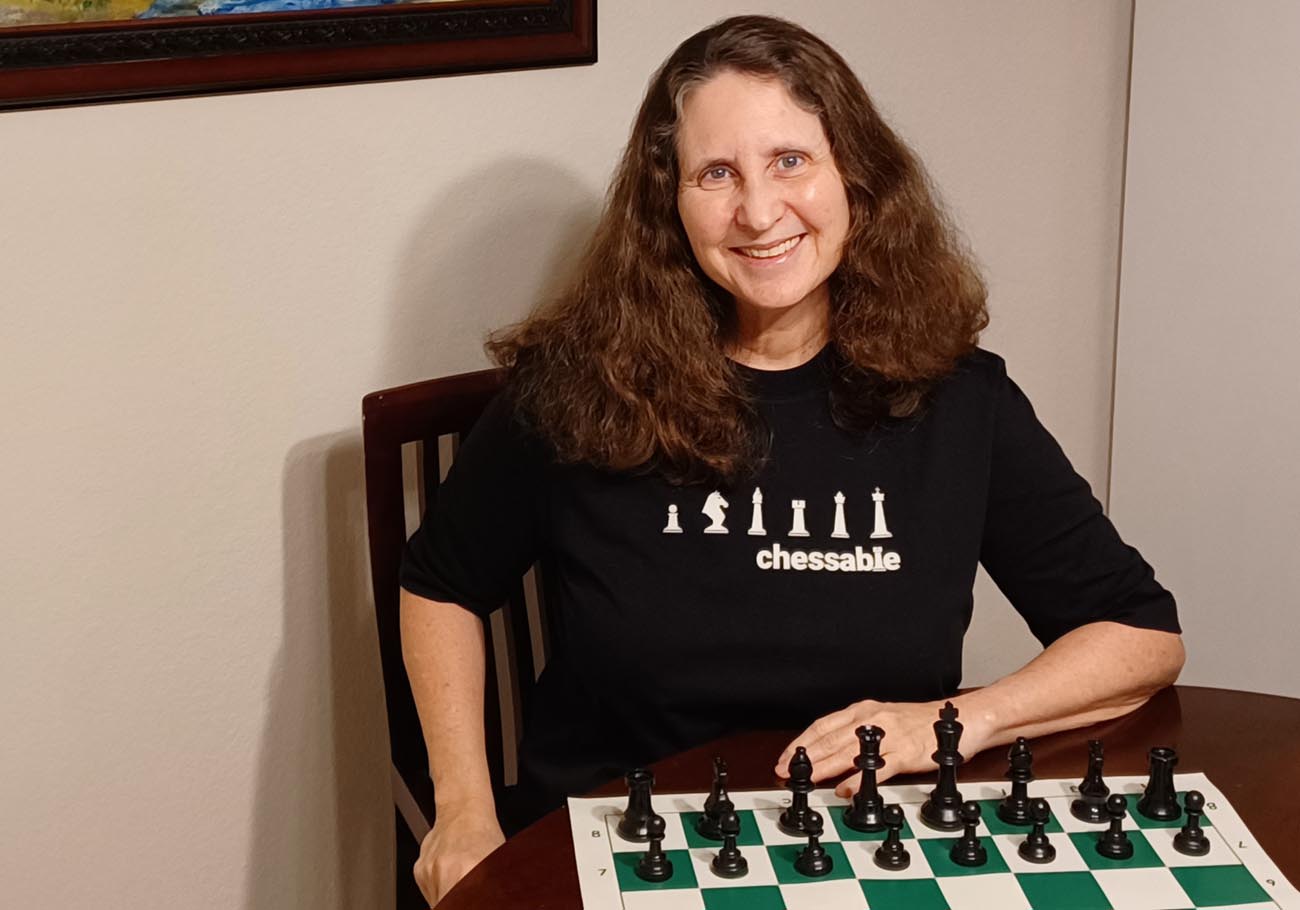Dorothy Sheldon Patton ’71, MS’73

There are many ways to measure an academic research career: by grants earned, papers published, awards bestowed. While Dorothy Sheldon Patton ’71, MS’73 has racked up impressive numbers in all of those categories over her nearly 50-year career as an OB-GYN researcher at the University of Washington—including, recently, the Lifetime Achievement Award from the Infectious Diseases Society for Obstetrics and Gynecology—she prefers to think of her legacy from a different perspective.
Instead, she’s proudest of the young people she’s mentored, especially young women in science. “By far the most rewarding part of what I do,” she says, “is opening doors for them, helping them start their studies and meet people, and letting them know that their hard work will pay off.”
Patton credits her own mentors at Puget Sound—especially biology faculty members Eileen Solie, Edward Herbert, and Gordon Alcorn, all now deceased—for setting her on the path to scientific and career success. Patton is known among her peers internationally for creating a macaque monkey model for studying the pathogenesis of chlamydial infections. This asymptomatic sexually transmitted infection, or STI, can cause significant health problems in humans, including infertility, if it migrates into the upper reproductive tract. But it’s treatable with antibiotics, if detected in time.
“We desperately need new prevention technologies, including a vaccine,” says Patton. Her model is used in her own lab and worldwide to advance knowledge and treatment of chlamydia and other diseases, including HIV, and to develop safe, simple, and low-cost products to protect users from STI transmission.
“Women’s reproductive health continues to be an underappreciated, understudied, and underfunded area of research,” she says. “But my interest has not wavered over the entire course of my career.”
